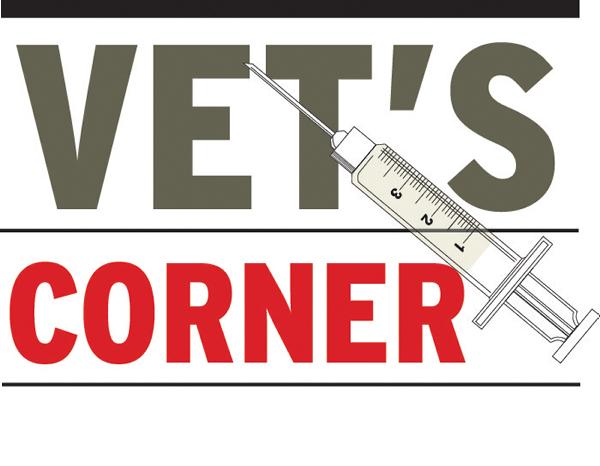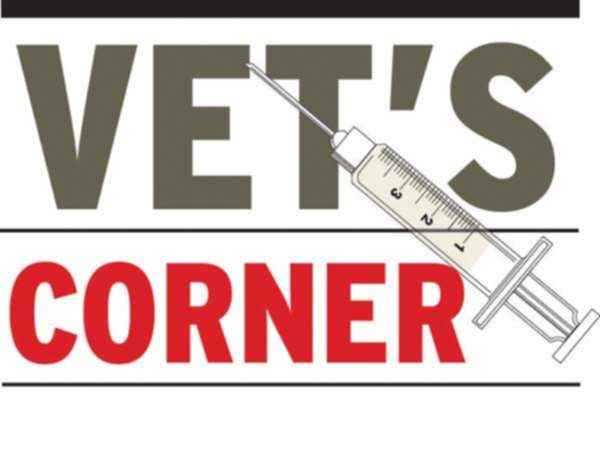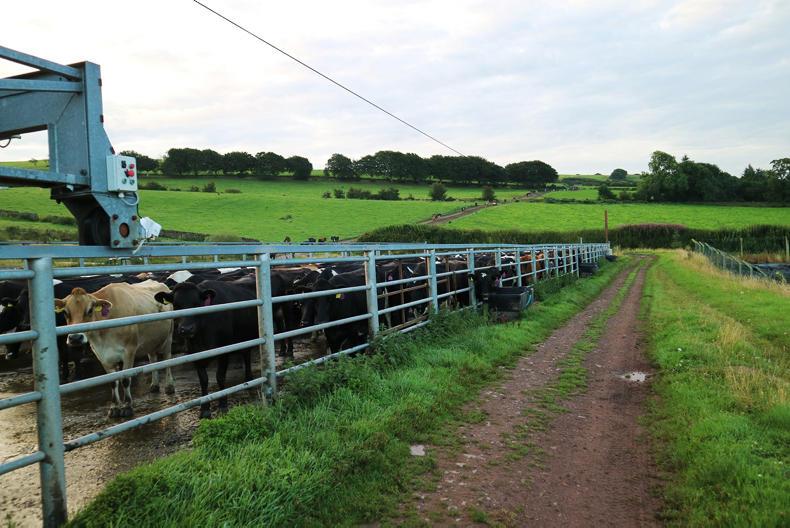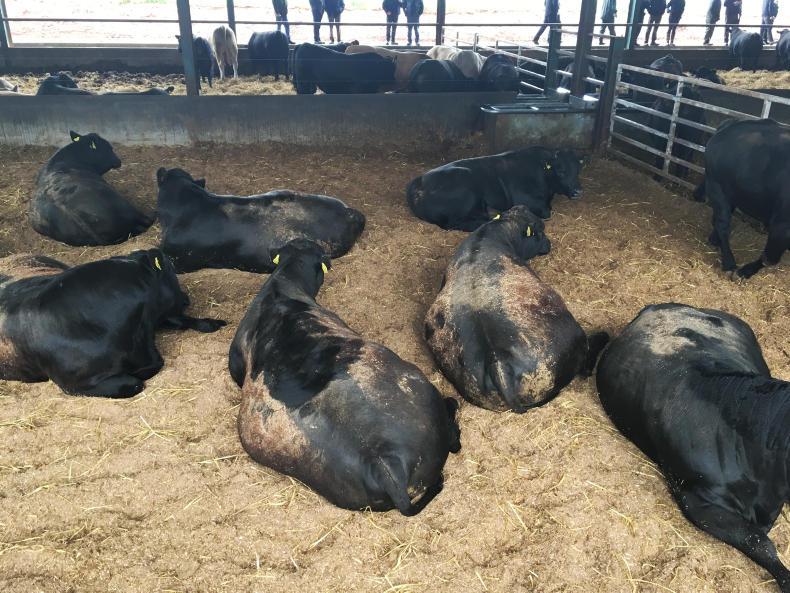With the introduction of KT (knowledge transfer) to groups organised by Teagasc throughout the country, many groups will have had a talk by a local vet on biosecurity.
Biosecurity is the prevention of disease-causing agents entering or leaving any place where they can pose a risk to farm animals, other animals, humans, or the safety and quality of a food product.
The need for farmers to be aware of and to put into practice good biosecurity is very great indeed. It includes cleansing and disinfection but also a lot more.
The single most effective way to spread disease is the movement of infected livestock onto a farm.
These animals may not be exhibiting any signs of disease at the time of movement, but subsequently a major outbreak of disease may occur, such as salmonella, leptospirosis, etc.
Most animal diseases are caused by infectious agents, for instance bacteria, viruses, protozoa or parasites.
These are the diseases that biosecurity measures can help contain.
Infectious disease can be transmitted by;
(a) Direct or indirect contact with infected animals or their discharges.
(b) Mother to offspring, either via milk or in the womb (for example, Johne’s disease).
(c) Contaminated equipment, food or water including grazed grass.
(d) Contaminated dosing or injecting equipment.
(e) Being in the same airspace(for instance the spread of pneumonia-causing agents in a poorly ventilated shed).
(f) Vermin and wildlife (like foxes and crows in the spread of brucellosis and the presence of infected badgers in the spread of TB).
(g) Humans and vehicles.
The easiest way to avoid introduction of disease is to maintain a closed herd. This is not always possible, so the next best thing is to buy only from known sources and get the vaccination history.
Purchased animals should be isolated in a particular field or shed for several weeks, if possible.
If you have a vaccination programme on your farm for the likes of salmonella, leptospirosis and BVD, make sure that the newly arrived animals are correctly vaccinated before joining the main herd.
Vaccination is a powerful tool in the control of infectious diseases, however it is only that: a tool. On its own,without other measures like disinfection, isolation and good management it is far less effective. In closed herds the only animal to be bought in might be a stock bull.
An animal-health plan can be created to reduce the risk of introducing disease, and also to recognise, treat and control existing disease on a farm. Your vet will be able to advise you on the most appropriate measures for your farm.









SHARING OPTIONS